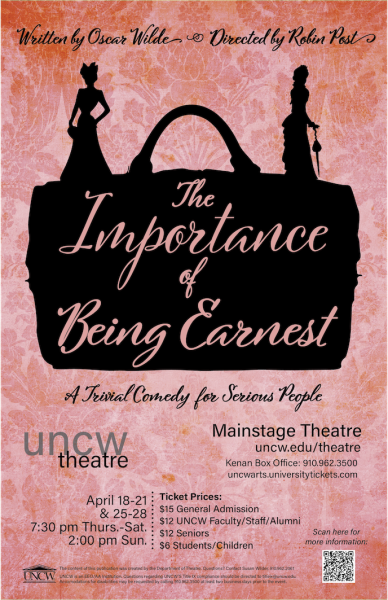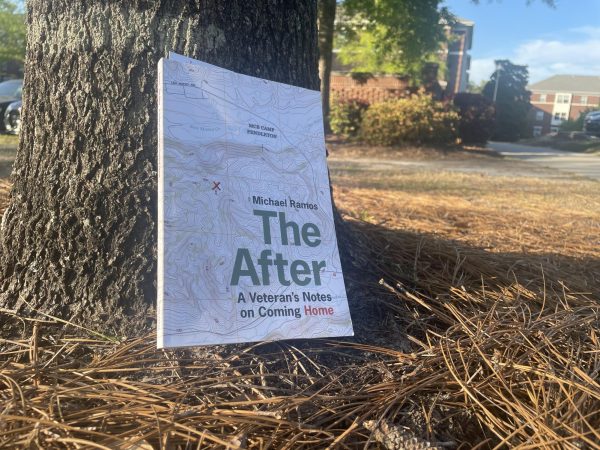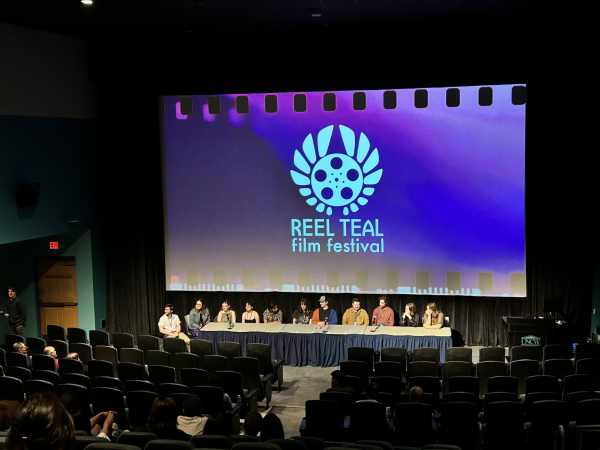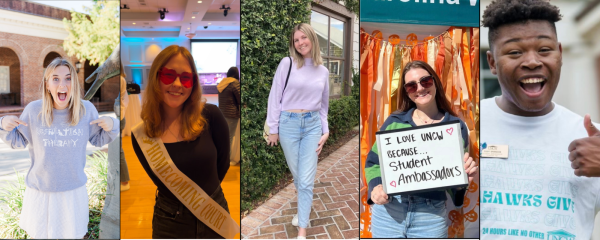REVIEW: “Final Gift” restores justice
February 11, 2013
“The Final Gift,” a documentary by Therese Bartholomew, showed recently and followed the murder of the film-maker’s brother and the personal form of justice she sought in finding the man who killed him. The documentary focused on the power of forgiveness and restorative justice, a concept in Criminology many academics see as a more constructive form of punishment.
After getting a phone call in the middle of the night, Bartholomew learned her brother had been shot in Greenville, SC. The news was devastating so she decided to make a film about the experience.
“One of the biggest gifts to me was not knowing how hard it was to make a film. I would have never done it if I had any idea,” Bartholomew said.
With her husband Doug the pair set off on what would turn out to be a,seven year journey. Bartholomew had found a reason for getting out of bed, but still faced daily challenges of balancing filming with her grief.
“I didn’t direct the movie, the movie directed me. It was my real, crazy life on film,” Bartholomew said.
Bartholomew found that she wanted clarity with what happened with her brother and his murderer, Karl Staton. So, she went back to UNC Charlotte for a degree in Criminal Justice to get a better grasp on the legal system. There, she learned about restorative justice.
Restorative justice focuses on the victim of a crime. It concentrates on making offenders less likely to commit another crime, instead of punishing them through harsh laws. Bartholomew believes this is a smarter take on legality.
In the documentary, forgiveness became a strong issue for her as well. After seeing Staton for the first time Bartholomew wondered about his story and the humanity behind his crime. She wanted to forgive Staton and meeting him in person soon became a priority..
“The highlight of the filming process is when I found I could take all of my filming equipment into the prison. After fighting for it for more than a year, I finally got a go,” Bartholomew said.
Kim Cook, a professor in the sociology and criminology department, met Bartholomew at a conference called “Promoters of Restorative Justice.” Cook, who is also an active advocate of restorative justice, saw Bartholomew’s documentary as a great opportunity for UNCW students and insisted she come for a screening.
“You can’t come away from the movie without feeling something in your heart,” said Cook, after “The Final Gift.”
After the screening, Bartholomew accepted questions for thirty minutes.When she came into the audience, many shared their personal stories and how her film influenced their perspectives of it.





















